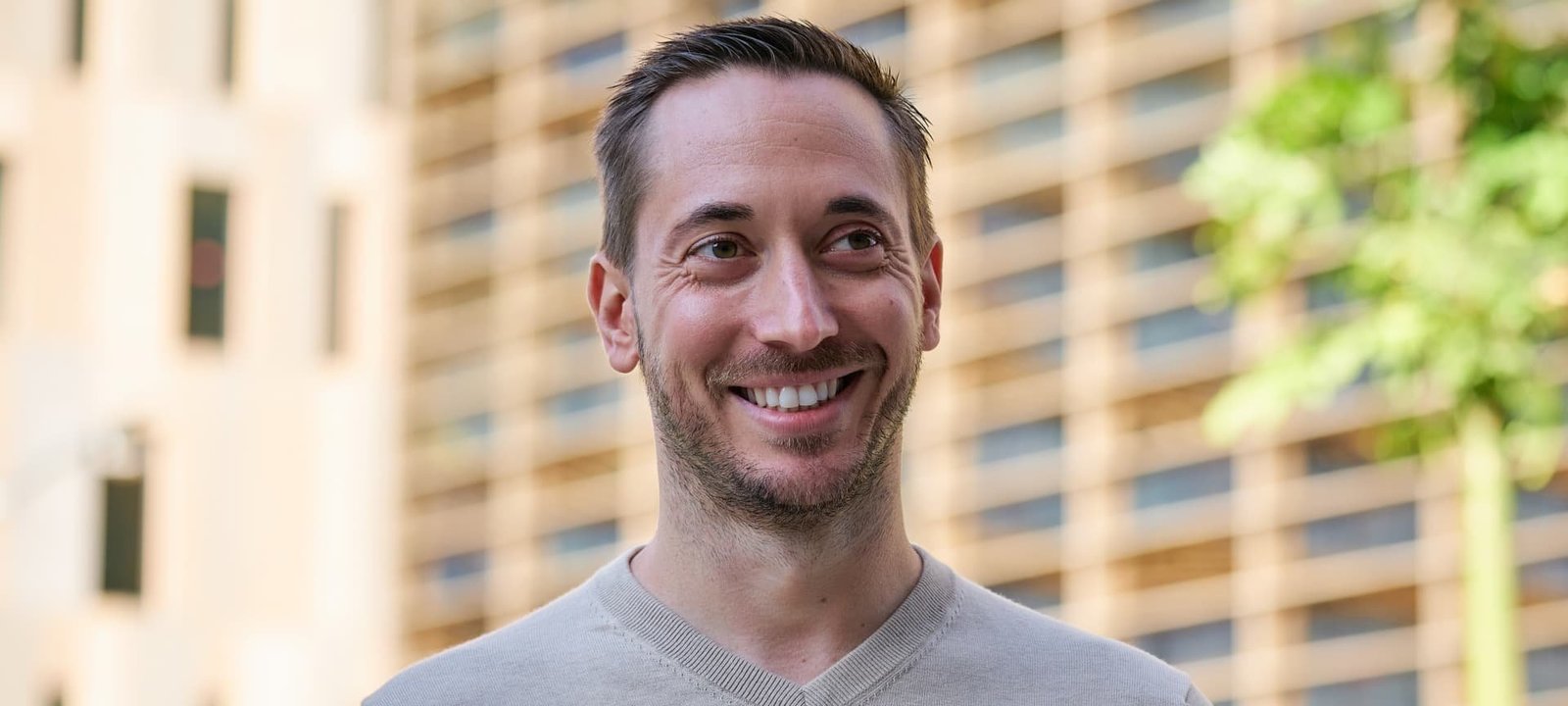Identifying an Overlooked Segment
Reina told CNBC that the decision to invest stemmed from a pattern he follows: targeting industries that receive little attention from mainstream venture capital. Before the public release of ChatGPT in late 2022, he observed limited investor interest in voice-driven artificial intelligence, even though major technology companies such as Google, Amazon and Microsoft already offered text-to-speech products that had yet to gain mass adoption.
“No-one was looking at voice AI,” Reina recalled, explaining that early fundraising discussions for ElevenLabs met widespread skepticism. The lack of competition among investors allowed him to enter the company’s first round on favorable terms and at a staged risk level consistent with his strategy.
Approach to Pre-Seed Investing
Across eight years, Reina has completed 74 angel investments, backing firms that include digital bank Revolut, volumetric imaging specialist Volumetric, cargo drone developer Elroy Air and 3D design platform Speckle. He focuses primarily on pre-seed opportunities—startups that often possess a concept but lack a finished product or paying customers.
In assessing such companies, Reina looks for founders who demonstrate deep technical competence, clarity of vision and ambition to scale globally from inception. “If there is a product, fantastic; if not, that is also fine,” he said of his selection criteria. He maintains that a technical founder has a stronger grasp of both product development and the addressable market than a purely commercial counterpart.
During their first meeting, Staniszewski discussed the limitations of existing synthetic voices and outlined how natural-sounding speech could expand applications for media, accessibility tools and entertainment. That breadth of thinking persuaded Reina that ElevenLabs addressed systemic hurdles rather than isolated features.
Founders’ Background and Vision
Staniszewski holds a first-class degree in mathematics from Imperial College London, a credential Reina cites as evidence of the technical rigor required to solve complex voice-generation challenges. Dąbkowski, the company’s other co-founder, complements the team with engineering expertise gained from prior roles in machine learning and software.
According to Reina, Staniszewski’s ability to articulate problems across the entire voice-AI ecosystem—before engaging potential customers or releasing a product—showed strategic foresight rarely seen at the idea stage. That conviction, combined with the scarcity of competing investors, led Reina to provide capital “literally within less than an hour.”
Rapid Scaling and Future Plans
Since receiving early seed money, ElevenLabs has accelerated hiring, enhanced its multilingual capabilities and added voice-cloning safeguards to address ethical concerns. The January Series C was led by a consortium of venture funds and strategic investors that include Andreessen Horowitz and former GitHub chief executive Nat Friedman, according to public disclosures.
Staniszewski outlined an expansion roadmap that features new hubs in Paris, Singapore, Brazil and Mexico. He also indicated the company intends to prepare for an initial public offering within five years, pending market conditions and regulatory requirements. The global footprint is designed to support enterprise clients in media, gaming and education while localizing products for regional languages and dialects.
Reina, now employed by ElevenLabs as a go-to-market manager, remains an active angel investor but says the company occupies a central role in his portfolio. He views the startup’s trajectory—from a pre-product concept overlooked by most investors to a multibillion-dollar valuation—as validation of his thesis-driven approach.
For other early-stage investors, Reina’s experience underscores the potential reward of recognizing untapped segments before they become competitive. It also highlights the influence a single meeting can have on capital allocation when founder expertise and market timing align.
Crédito da imagem: ElevenLabs



